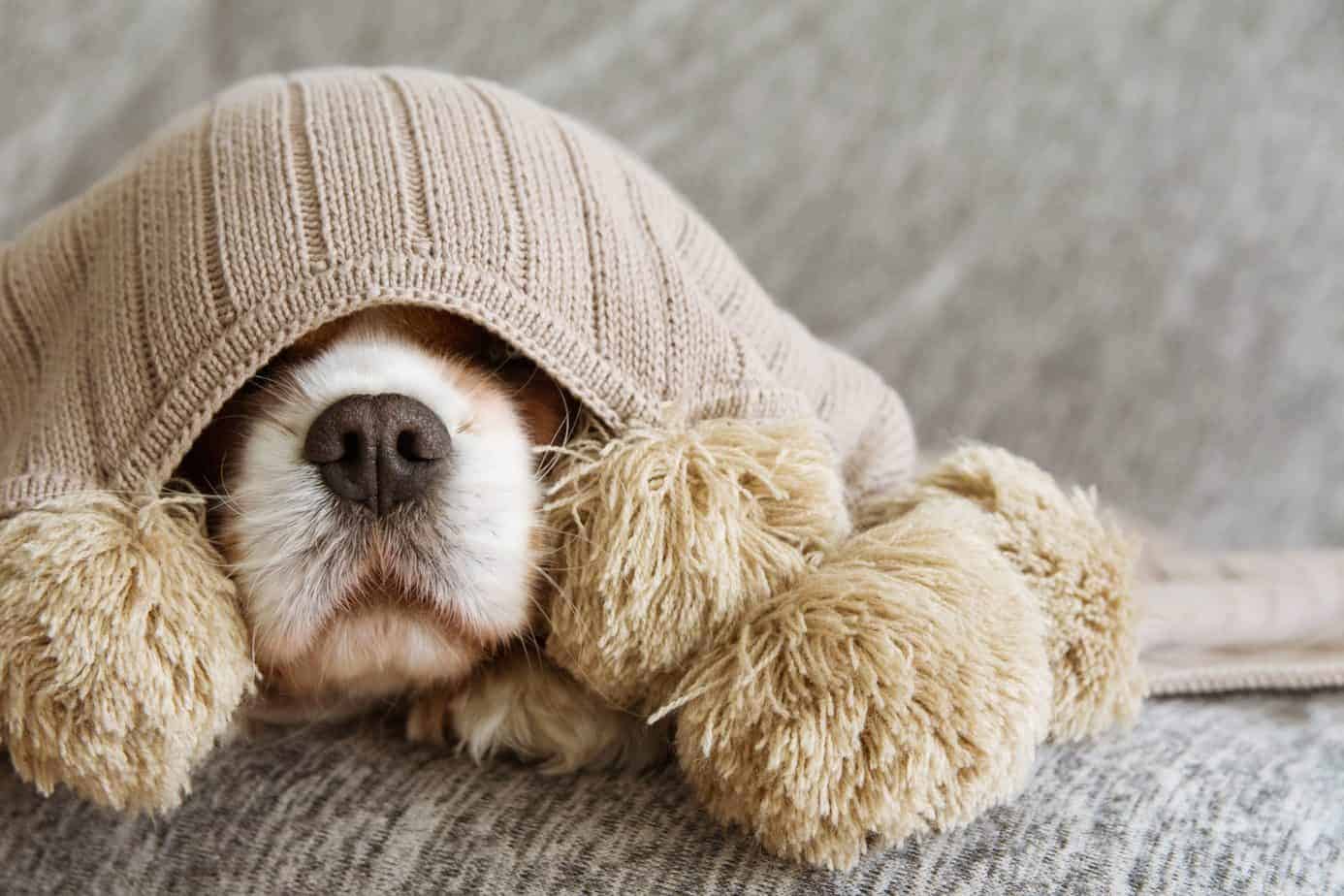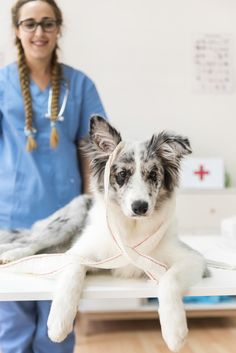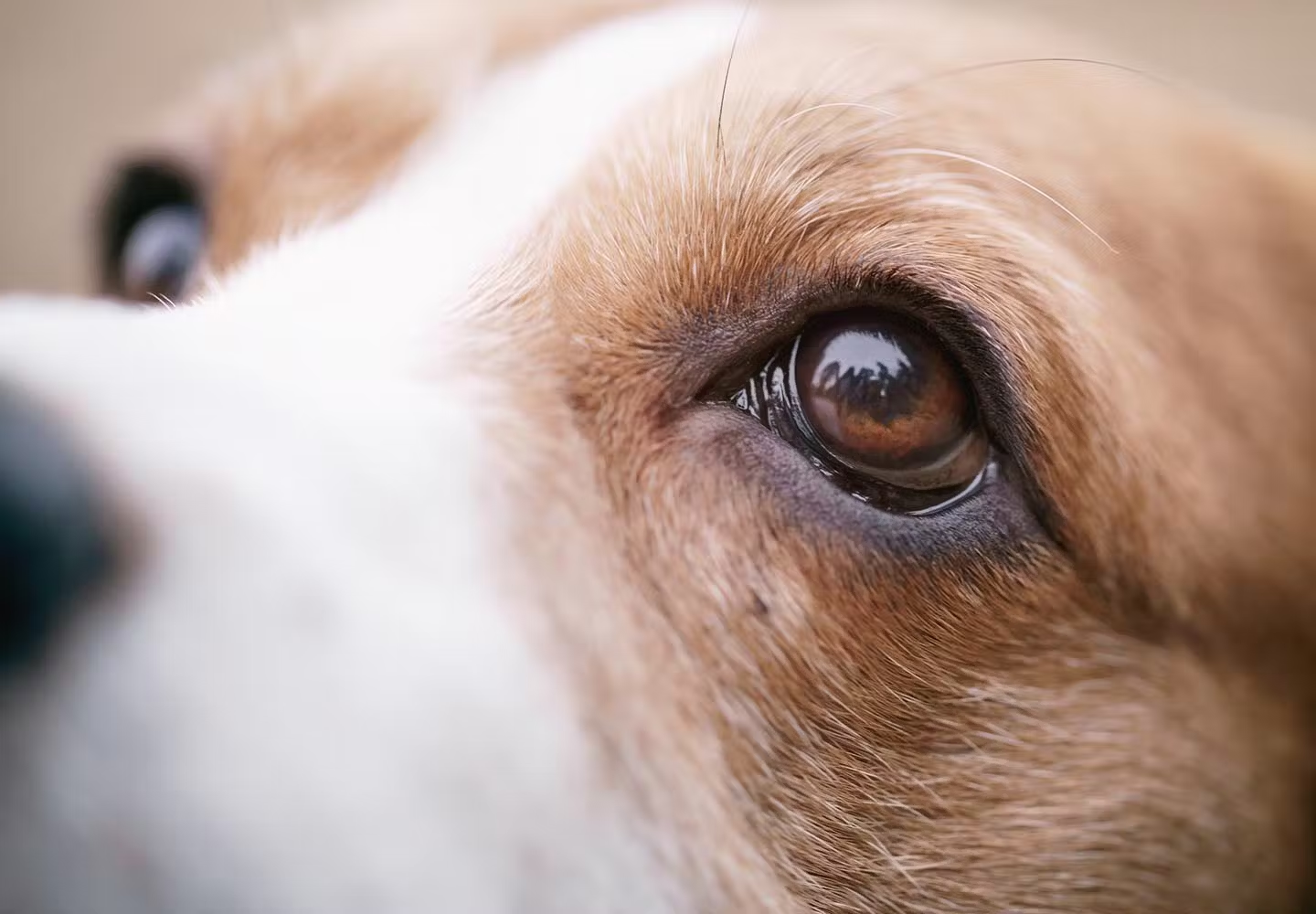If your dog is experiencing diarrhea, you may be wondering what you can safely feed them until they recover. Diarrhea can be caused by various factors and is usually temporary, but providing the right nutritional support can help reduce the duration and severity. This article will cover the causes of diarrhea in dogs, what and when you can feed a dog with diarrhea, foods to avoid, and tips for prevention.
Why Do Dogs Get Diarrhea?
There are several potential causes of diarrhea in dogs:
Dietary indiscretion
Eating something their stomachs can’t tolerate, like rich human foods, garbage, or inedible objects.
Food allergies
Some dogs are allergic to ingredients like grains, chicken, beef, or dairy.
Intestinal parasites
Worms, giardia, or coccidia can inflame the intestinal tract.
Viruses
Parvovirus and coronavirus are viral causes of acute diarrhea.
Bacteria
Salmonella, Clostridium, Campylobacter or E. coli bacterial infections can induce diarrhea.
Medications
Antibiotics and certain dewormers may disrupt the digestive tract.
Stress
New environments, routine changes, or anxiety can trigger upset stomach.
Diseases
Conditions like inflammatory bowel disease (IBD) or cancer affect gut health.
In most cases, diarrhea resolves on its own as the cause dissipates. Mild, temporary diarrhea may not require treatment beyond symptomatic care.
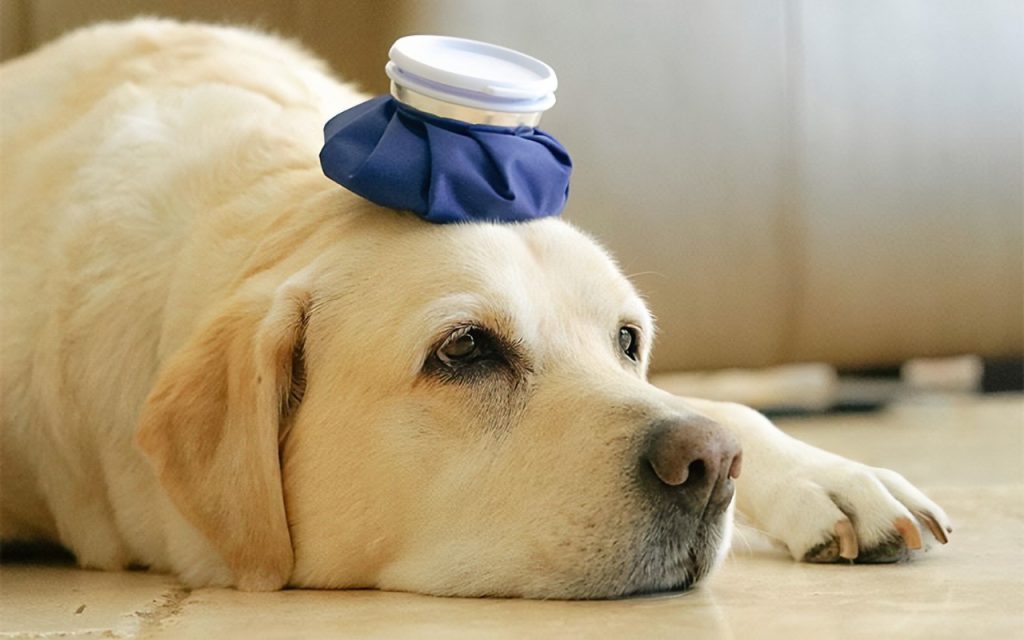
Can Dogs Eat When They Have Diarrhea?
Veterinarians typically recommend withholding food for 12-24 hours when a dog has acute diarrhea. This rests the gastrointestinal tract and prevents the irritating substance from continuing to stimulate the intestines.
However, for functional cases with no identifiable cause, restricting food for more than a day risks complicating the diarrhea due to hunger and the production of stomach acid. After a brief fast, it’s important to reintroduce an appropriate bland diet.
Feeding a bland diet provides supportive nutrition while minimizing irritation of the digestive system. The BRAT diet (bananas, rice, applesauce, and toast) is a time-tested bland diet for gastrointestinal upset in dogs.
What Can Dogs Eat When They Have Diarrhea?
Rice
Cooked white rice is gentle on the stomach. The starch binds to water in the intestines to help firm loose stools. White rice is lower in fiber than brown rice.

Pumpkin
Canned pure pumpkin contains fiber to absorb excess moisture in the colon. This helps bulk up and solidify loose stools. Avoid pumpkin pie filling with spices.
Oatmeal
Cooked oatmeal is a soothing source of protein and fiber. Make sure it’s plain with no added sugar.
Boiled Chicken
Small amounts of boiled skinless chicken provide protein while being easy to digest. Remove bones and fat which are harder to process.
Canned Fish
Canned fish like tuna or salmon gives dogs protein without seasonings or oils that can irritate the gut.
Eggs
Scrambled eggs are an easily digestible source of protein to help maintain their strength. Cook plain without oil or salt.
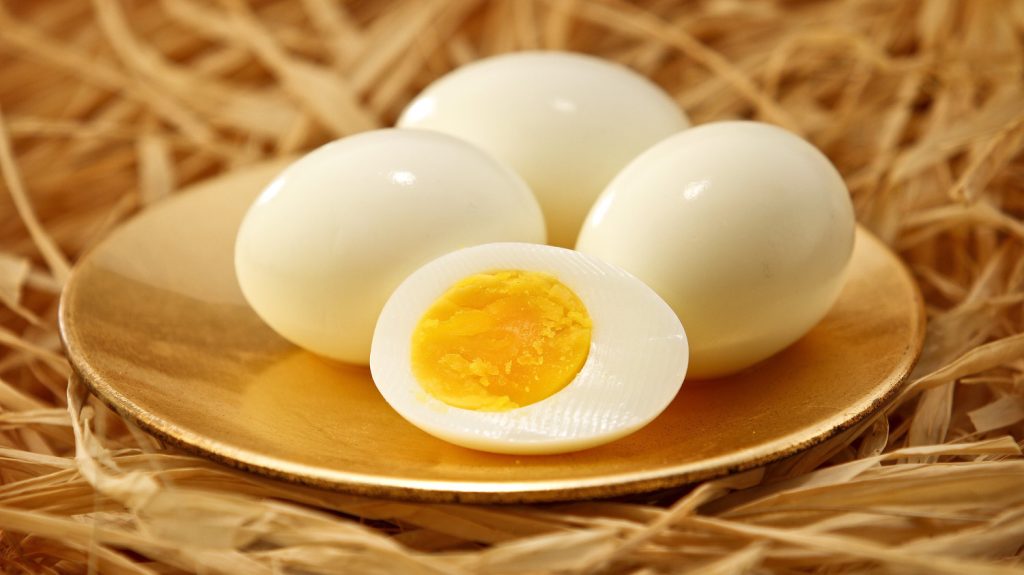
Potato
Cooked plain potato is a good starchy carbohydrate for diarrhea. Avoid fried potatoes or those with butter.
Baby Food
Meat-based baby food (beef, chicken, lamb) provides key nutrients without upsetting the stomach.
Avoid dairy products, fatty meats, spicy foods, or anything artificially flavored as these can further upset the digestive tract. Stick to small, bland meals until stools return to normal. Then slowly transition back to their regular diet.
How Long Can Dogs Go Without Eating With Diarrhea?
Puppies with diarrhea should see the vet promptly if they won’t eat for more than 24 hours as they can become dehydrated and hypoglycemic faster than adult dogs.
Generally, healthy adult dogs can go 1-2 days without eating before their health is impacted. However, dogs with diarrhea should start eating a bland diet within 12-24 hours of onset to provide support and avoid complicating the issue.
Extended fasting can potentially make diarrhea worse by allowing more unprotected stomach acid to build up, stimulating hypermotility of the colon. Vomiting may also develop secondary to hunger.
If your dog shows no interest in food for over 24-48 hours or vomiting develops, contact your vet for assistance getting them rehydrated and back on a nutritional plan.
What Should Not Be Eaten When Dogs Have Diarrhea?
Avoid giving dogs with diarrhea any foods that may overstimulate the gut, including:
- Fatty foods like bacon grease or meat trimmings
- Rich dairy products like cheese or ice cream
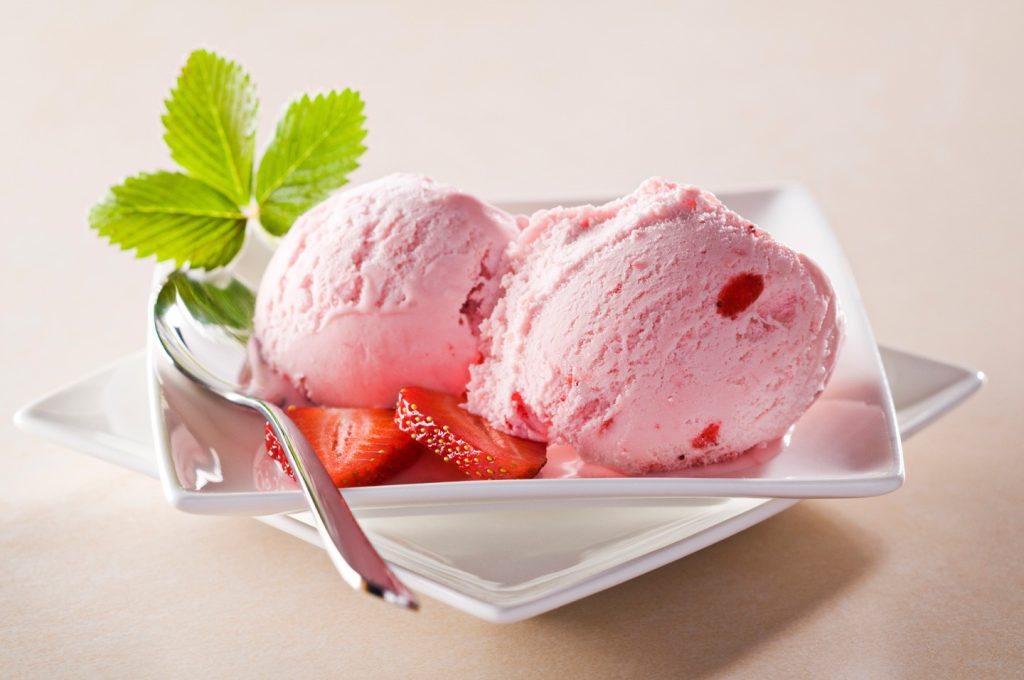
- Spicy human foods with onion, garlic, or peppers
- Gassy vegetables like broccoli, cauliflower, cabbage
- Excessive fiber from bran or whole grains
- Sugary foods including candy, cookies, or fruit juices
- Processed snacks like chips, hot dogs, or microwave meals
- Rawhides, pig ears, or other tough chews
Specifically for puppies with diarrhea, do not feed cow’s milk as this can worsen diarrhea. Also avoid dog foods marketed for senior dogs that are lower in fat, as puppies need higher fat diets for proper growth.
What Should Be Paid Attention to When Dogs Have Diarrhea?
When caring for a dog with diarrhea:
- Keep their hydration up by providing lots of fresh water. Add broth or pedialyte to encourage drinking.
- Monitor for signs of dehydration like loss of skin elasticity, dry gums, lethargy, or sunken eyes.
- Watch for blood in the stools which indicates gastrointestinal injury or inflammation.
- Note any vomiting, lack of appetite, or pain, which signal a need for veterinary care.
- Check body temperature for fever, which may point to infection.
- Weigh dogs daily to check for weight loss from fluid or nutrient loss.
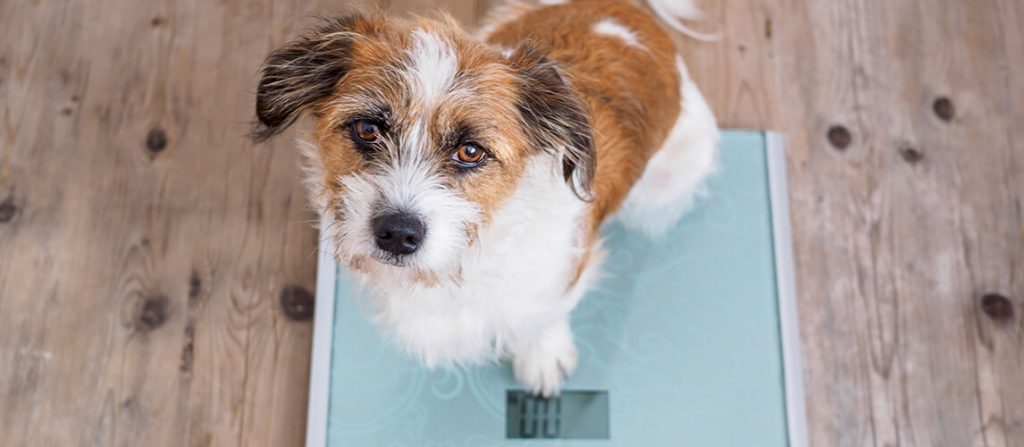
- Clean soiled areas promptly to prevent reinfection and minimize cleanup.
- Restrict activity to leash walks to prevent exhaustive diarrhea episodes.
- Use a bland diet for 1-2 days past normal stool return to ensure recovery.
- If diarrhea persists more than 2 days or returns, seek your vet’s advice.
How to Prevent Dog Diarrhea
To help prevent diarrheal episodes in dogs:
- Maintain a consistent diet and minimize unhealthy treats.
- Keep dogs away from rotten food, compost piles, animal feces, or garbage.
- Wash food and water bowls daily to prevent contamination.
- De-worm dogs as recommended by your veterinarian.
- Give probiotic supplements to support healthy gut flora.
- Handle and store dog food properly to avoid spoilage.
- Limit stress by providing routines and meeting your dog’s enrichment needs.
- Ensure dogs always have access to shade and fresh water when outdoors.
Q&A About Diarrhea in Dogs
What is the fastest way to stop diarrhea in dogs?
Withholding all food for 12-24 hours followed by small meals of boiled rice and pumpkin puree helps resolve diarrhea quickly in most cases. See the vet promptly if it persists beyond 48 hours.
When should I take my dog with diarrhea to the vet?
Contact your vet if diarrhea continues more than 2 days, you see blood or mucus, your dog seems ill, won’t drink, or loses weight rapidly. Puppies with diarrhea should see a vet within 24 hours.
Can I give my dog Imodium or Pepto-Bismol for diarrhea?
Do not give either medication to dogs without first consulting your vet, as improper dosing of these OTC drugs can be dangerous in dogs. Your vet may prescribe anti-diarrheal medication formulated specifically for dogs.
What is the best dog food for diarrhea?
For a few days, feed a bland diet like boiled chicken and rice, pumpkin puree, or probiotic yogurt. For ongoing bouts, your vet may recommend a veterinary prescription diet for gastrointestinal health.
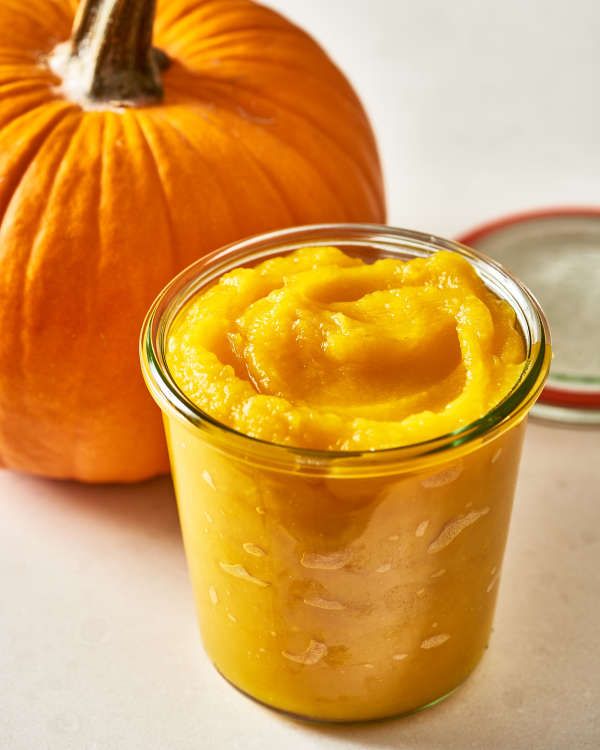
With care and judicious feeding, most cases of acute diarrhea in dogs resolve within a couple days. However, if diarrhea persists or your dog acts ill, promptly consult your veterinarian for targeted treatment. With supportive care, dogs with diarrhea can make a quick recovery.
Conclusion
Diarrhea can disrupt a dog’s normal nutritional intake. Following an initial brief fast, it’s important to start feeding a bland, easily digestible diet to provide hydration and energy during recovery. Foods like cooked rice, boiled chicken, pumpkin, and potato support dogs with diarrhea without taxing the gut further. Avoid fatty, gassy, or spicy foods that may worsen the inflammation. With monitoring and the right dietary adjustments, most cases of diarrhea can be managed at home. However, veterinary guidance is key for diarrhea lasting more than 2 days or accompanied by concerning symptoms. Proper nutrition helps reduce the duration and effects of diarrhea while restoring normal digestive function.
